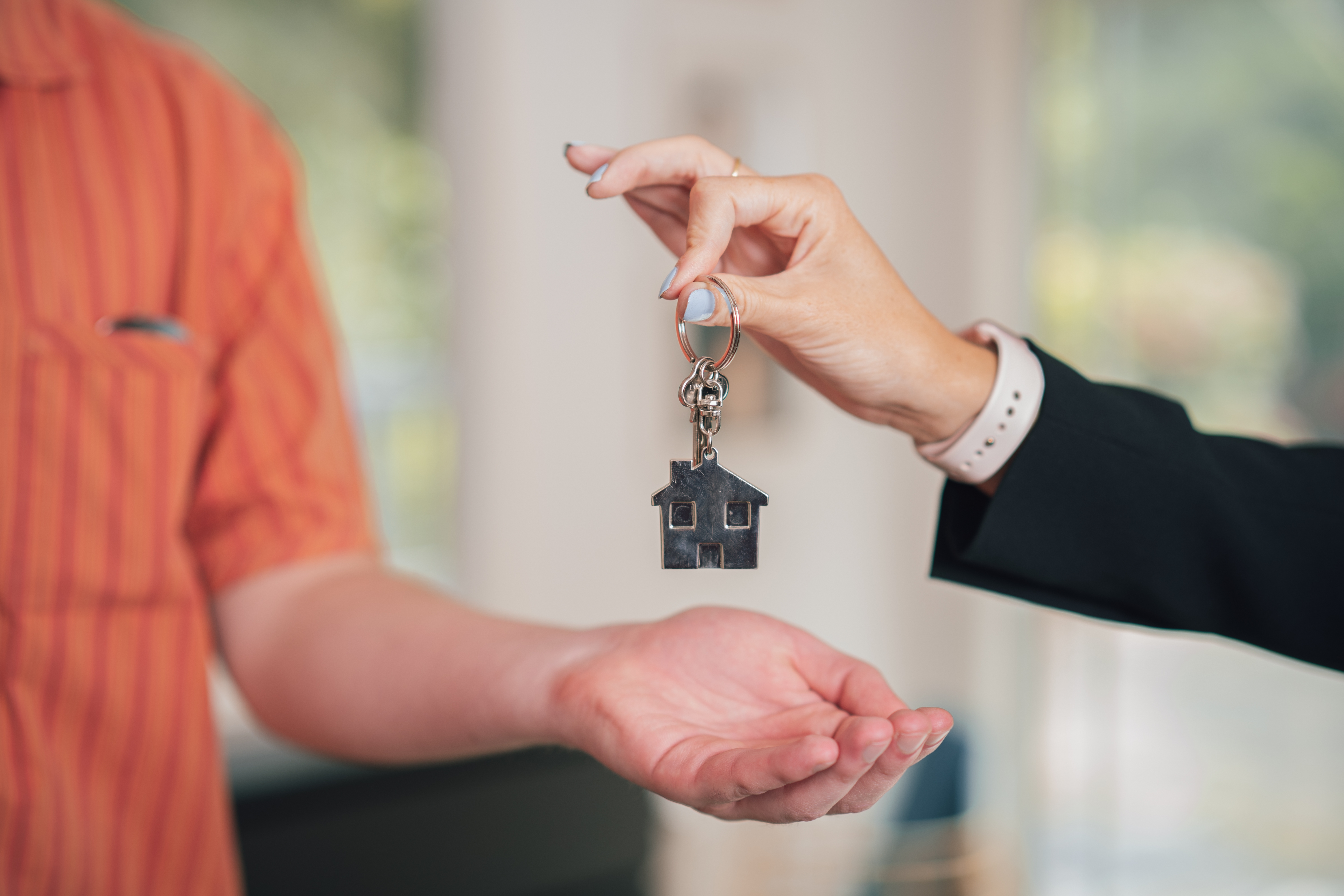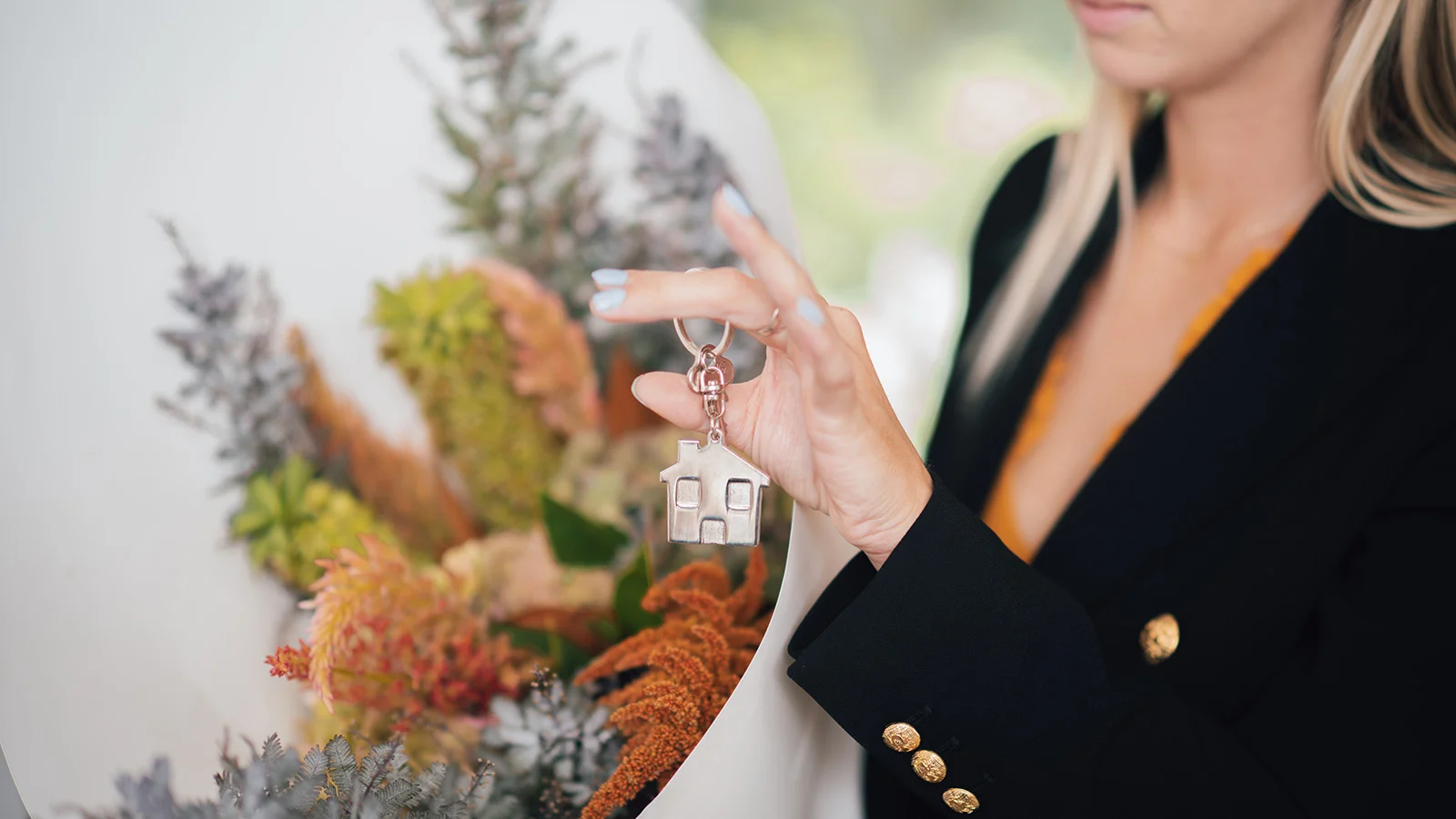Buying guide
Guide: Selling & buying a house at the same time
We break down what you need to consider when buying and selling at the same time.
Selling and buying a home at the same time: your options
1. Buying first
There's no doubt that selling and buying at the same time is a careful juggling act.
Bridging loans - how do they work?
You can talk to a mortgage broker about your bridging loan options.
2. Selling first
3. Buying and selling at the same time
Find your perfect property
From your first home to your forever home, start your search on Trade Me Property, NZ's #1 property site.
Search nowSearch
Other articles you might like









